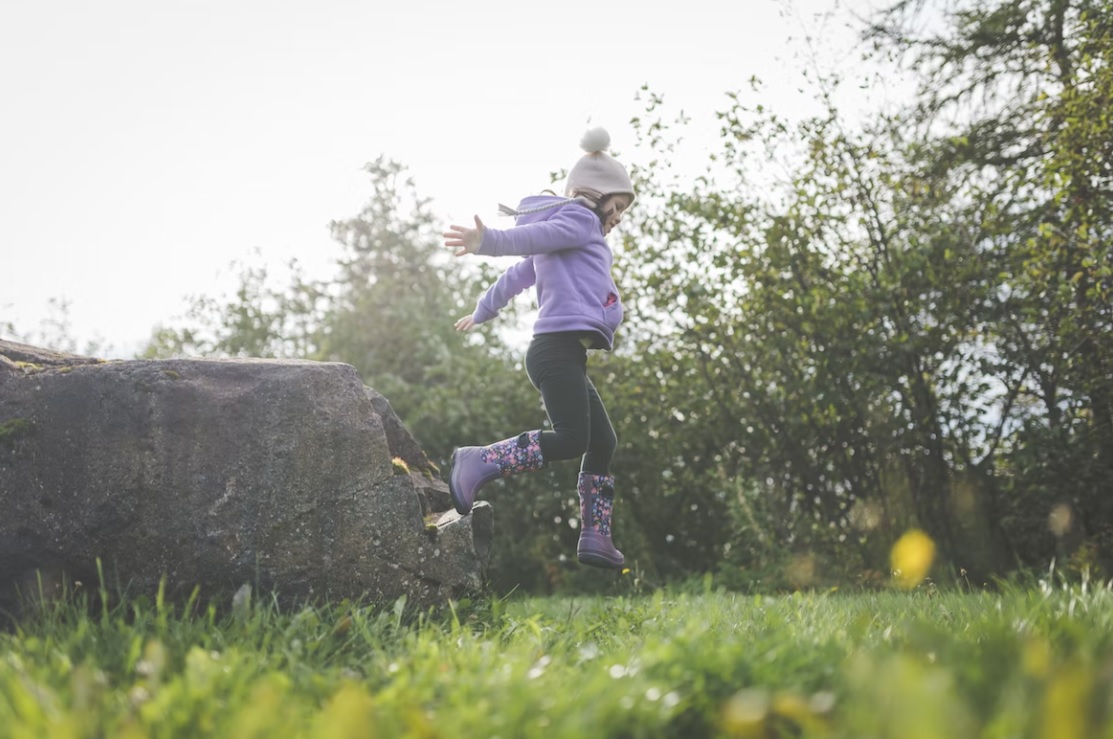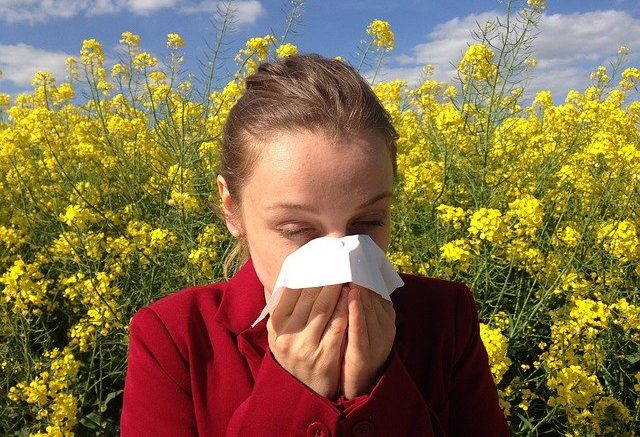Childhood is a time of innocence, discovery, and boundless energy. Yet, for kids with allergies, this time can bring more than just physical discomfort. Allergies, whether they’re about certain foods, things in the environment, or skin problems, can really affect how a child feels emotionally.
In this blog post, we’re going to talk about how allergies in kids can affect their feelings, look at the problems they might have, and give ideas for parents and caregivers to help them stay strong and positive.
The Emotional Toll of Childhood Allergies
While it is convenient to direct attention towards the physical manifestations of allergies, it is imperative not to underestimate the substantial impact of the emotional repercussions on children. Those with allergies often undergo a spectrum of emotions such as frustration, embarrassment, anxiety, and potential isolation. In the absence of adequate support and acquired coping mechanisms, these emotional states and associated social challenges can potentially yield adverse, enduring effects on their overall welfare.
Allergies can impact a child’s emotional well-being in the following ways:
Social Isolation
Children exhibiting visible allergic conditions, such as eczema or hives, may experience a heightened self-consciousness regarding their outward appearance. Additionally, individuals with food allergies may possess an acute awareness of the unique precautions or regulations necessary to avert contact with specific substances. Consequently, this heightened awareness can contribute to social isolation, increased stress levels, and a propensity to abstain from engaging in activities that could potentially accentuate their condition.
Fear and Anxiety
Children who have experienced severe allergic reactions, may develop a heightened fear of allergen exposure. This is especially evident in anaphylaxis, as this anxiety can affect their daily lives, making them feel anxious even in safe environments.
Exclusion and Peer Pressure
In social settings like school or birthday parties, children with allergies might feel excluded or pressured to conform, which can negatively impact their self-esteem. The desire to conform may also lead to them interacting with their allergy, putting their health at risk.
Bullying
Children with allergies are unfortunately at a higher risk of being bullied due to their differences. This can lead to negative feelings like sadness, anger, and helplessness. This can snowball to affect adulthood, as an individual may develop behavioral or mental health problems.

Frustration
Coping with the restrictions and constant vigilance that allergies demand can be frustrating for children. They might not understand why they can’t enjoy the same foods or activities as their peers. This frustration can lead to emotional outbursts and disciplinary issues.
Supporting Children Through the Challenges
It’s essential to recognize and address the emotional impact of allergies on children. Things like early intervention can ensure that their childhood is a happy one.
Here are some strategies to help support children through these challenges:
Open Communication
Create an open and safe space for children to express their feelings. Encourage them to talk about their feelings, experiences, fears, and frustrations related to their allergies. By expressing their emotions they can release the burden of their stress and begin to move forward with their lives.
Education
Knowledge is empowering. Education is the key to understanding how to manage allergies and what can trigger them. This can help reduce fear and anxiety. Educating others around them can also prevent instances of bullying and intolerance.
This is especially important for children whose allergies pertain to common substances or environmental factors. It will be difficult for young children to understand why others can interact with a substance like cows’ milk safely while they cannot. You can learn more about cows’ milk allergy to begin the journey towards education.
Advocacy Skills
Teach children how to advocate for themselves in various situations. They can learn to communicate their allergies to others confidently and request accommodations when necessary. By boosting their confidence you can also set them up for success in other aspects of their life.
Build Resilience
Help your child develop resilience by emphasizing their strengths and encouraging a positive outlook. Focus on their talents and hobbies to boost self-esteem. It is important for them to know that they are not just their allergy.
Normalize Differences
Emphasize that everyone has unique qualities, and allergies are just a part of what makes them special. Encourage empathy and understanding among their peers where possible.
Create Allergy-Friendly Spaces
Whether at home, school, or other environments, work with others to create allergy-friendly spaces where your child feels safe and included. Knowing that they are safe can help reduce their stress levels significantly. In cases of food allergies, making eating allergy-safe meals not only balanced nutritionally but also enjoyable can help boost their confidence.
Teach Coping Strategies
Equip your child with coping strategies to manage stress and anxiety. Deep breathing, mindfulness, and relaxation techniques can be invaluable tools.
Celebrate Achievements
Recognise and celebrate your child’s successes, both big and small. Whether it’s successfully avoiding allergens or advocating for themselves, their accomplishments deserve acknowledgment.
Childhood allergies can profoundly affect a child’s emotional well-being. It’s ideal to understand the challenges these children face and provide unwavering support. By fostering communication, educating children about their condition, and building resilience, we can help children navigate the emotional complexities of allergies with confidence and positivity.
Ultimately, it’s about nurturing a child’s emotional health and well-being, setting the stage for a future marked by strength and resilience.
